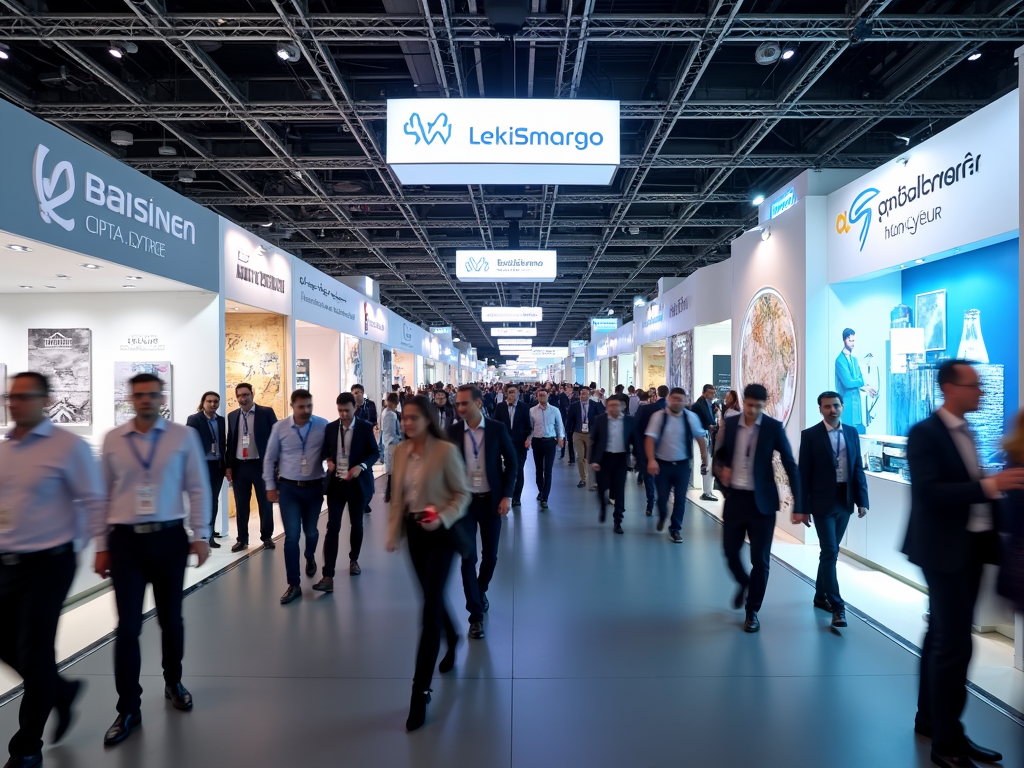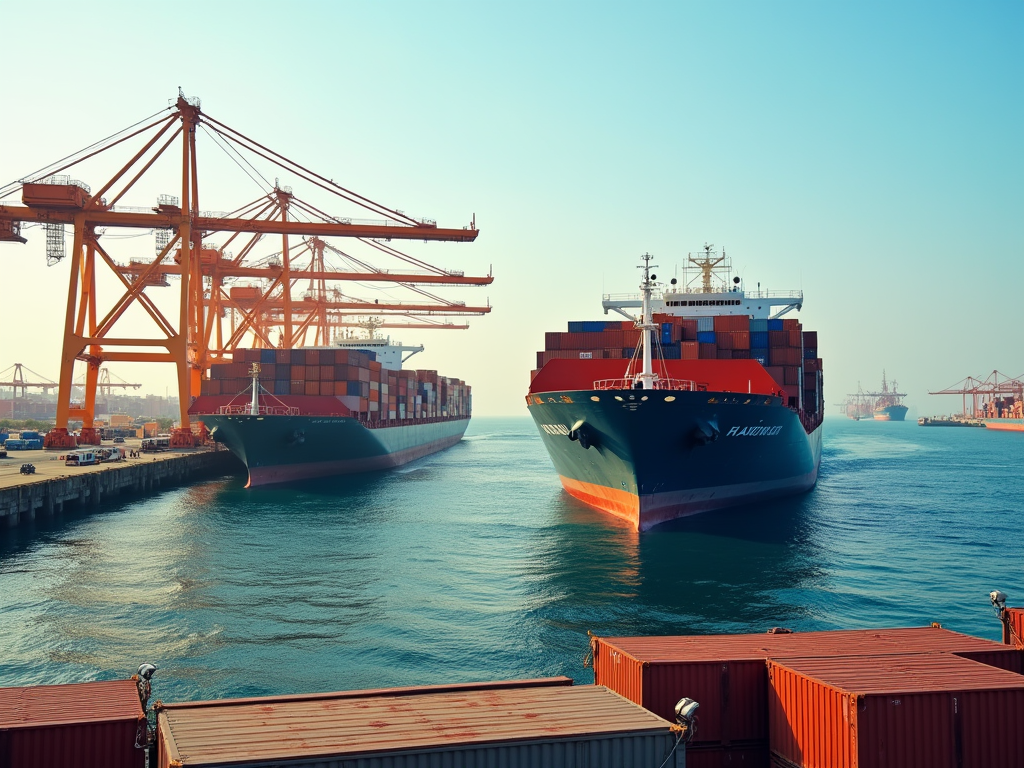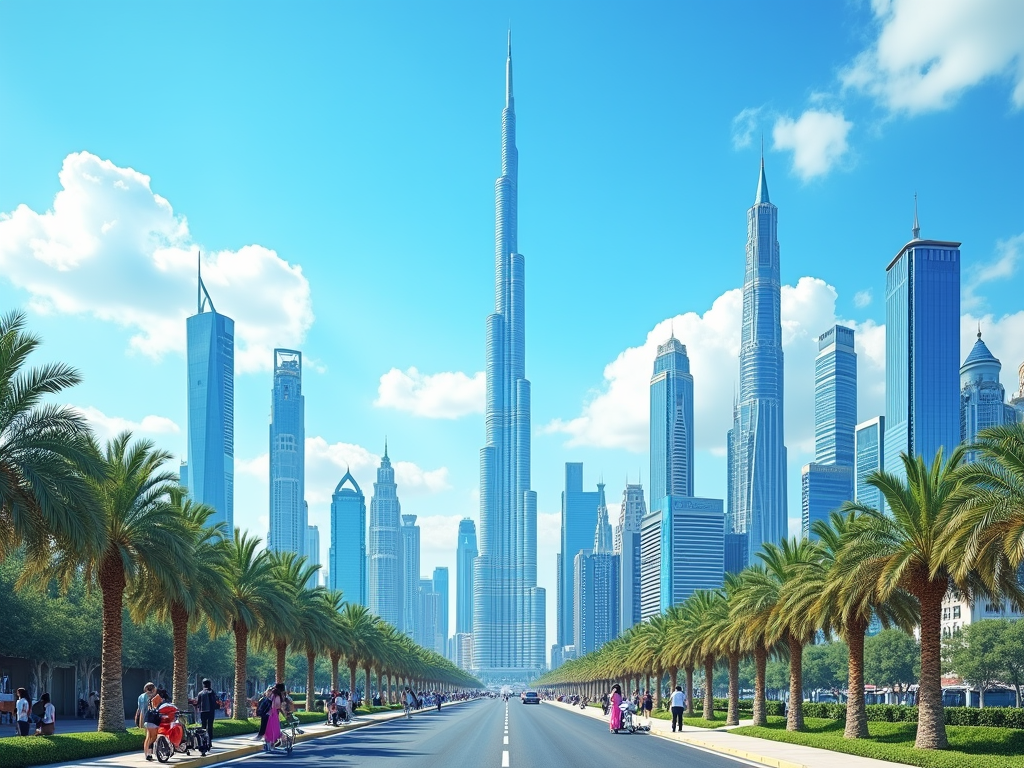Dubai’s remarkable transformation into a global hub for international business and trade is driven by its strategic location, world-class infrastructure, and progressive economic policies. Once a modest trading port, it now stands as a leader in the global economy, attracting businesses from various sectors worldwide. Factors such as its visionary leadership, diverse economy, and robust free trade zones have played significant roles in establishing Dubai as a go-to location for multinational corporations. This article delves into the key aspects that have contributed to Dubai’s emergence as a prominent center for international commerce.
Strategic Location and Connectivity

One of the most critical factors that have aided Dubai in becoming a global business hub is its strategic geographical position. Nestled between Europe, Asia, and Africa, Dubai serves as a key gateway for trade and commerce. The city boasts several world-leading transport infrastructures, including:
- Dubai International Airport: Regularly ranked among the busiest airports globally, it facilitates easy access to over 240 destinations.
- Port Jebel Ali: The largest port in the Middle East, it accommodates a vast amount of cargo and facilitates maritime trade.
- Extensive Road and Rail Networks: These ensure seamless connectivity, supporting logistics and enabling efficient movement of goods.
As a result of these factors, businesses find it easy to import, export, and conduct global affairs from Dubai, reinforcing its status in international trade.
Free Trade Zones and Business-Friendly Policies

Dubai is home to over thirty free trade zones, giving businesses various incentives and benefits. In these zones, companies can enjoy benefits such as 100% foreign ownership, full repatriation of profits, and exemption from personal income taxes. Some notable free zones include:
- JAFZA (Jebel Ali Free Zone Authority): It houses thousands of businesses and provides logistical advantages.
- Dubai Multi Commodities Centre (DMCC): Ideal for commodity trading, it has become one of the key players in global trade.
- Dubai Internet City: This is a hub for technology companies, promoting innovation and tech-related businesses.
The favorable business environment and simplified regulatory frameworks encouraged entrepreneurs and multinational companies to set up their operations in Dubai, leading to unprecedented economic growth.
Diverse Economy and Tourism
Another cornerstone of Dubai’s success lies in its commitment to diversifying its economy. While once reliant heavily on oil revenues, Dubai has evolved into a multi-faceted economy comprising sectors such as tourism, aviation, logistics, and finance. Tourism, in particular, plays a crucial role as it attracts millions of visitors annually, helped by attractions such as:
- The Burj Khalifa, the tallest building in the world.
- The Palm Jumeirah, a man-made island known for luxury resorts.
- The Dubai Mall, one of the largest shopping malls globally.
With high-profile events like the Dubai Shopping Festival and World Expo 2020, the city has established itself as a leading destination for global exhibitions and business events, bringing substantial economic benefits and international attention.
Dubai’s leadership has been pivotal in its rise as a global business center. The government has consistently demonstrated a commitment to innovation, sustainable development, and creating a competitive economy. Programs such as the Dubai Plan 2021 emphasize creating a diversified, adaptive economy and improving residents’ quality of life. Initiatives like the Dubai Blockchain Strategy and the Smart Dubai Initiative showcase the city’s inclination towards technology and innovation. The emphasis on attracting talent and facilitating research has fostered an entrepreneurial environment. These initiatives not only enhance the business climate but also secure Dubai’s position on the global stage.
Conclusion
Dubai’s journey from a small trading port to a global business powerhouse is a testament to visionary leadership, strategic planning, and an unwavering commitment to economic diversification. It thrives on its strategic location, exceptional infrastructure, business-friendly environment, and innovations. As global businesses continue to flock to Dubai, the city stands poised to retain its status as a leading international business hub for years to come.
Frequently Asked Questions
1. Why is Dubai considered a global trading hub?
Dubai is considered a global trading hub due to its strategic location, advanced infrastructure, thriving business environment, and a diverse economy that attracts a myriad of multinational companies.
2. What are the advantages of Dubai’s free trade zones?
The free trade zones in Dubai offer benefits such as 100% foreign ownership, tax exemptions, and simplified import-export procedures that attract businesses to set up operations.
3. How does tourism contribute to Dubai’s economy?
Tourism significantly boosts Dubai’s economy by attracting millions of visitors each year, generating revenue through hospitality, retail, and entertainment sectors, contributing to job creation and economic expansion.
4. What role does innovation play in Dubai’s business environment?
Innovation helps create a competitive business environment. Projects like the Smart Dubai Initiative and investment in technology attract talent and foster growth in various industries.
5. What initiatives has Dubai implemented to diversify its economy?
Dubai has implemented several initiatives, like the Dubai Plan 2021, focusing on sectors such as tourism, technology, logistics, and finance to reduce oil dependency and enhance economic resilience.
